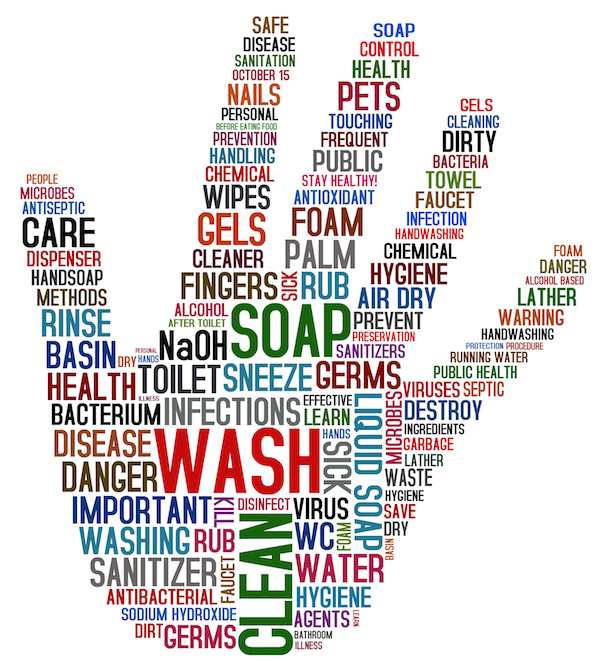
TUESDAY, Nov. 23 (HealthDay News) — Black, Asian American and Native American children with neuroblastoma are more likely to die after treatment than white or Hispanic children with this type of cancer, which forms in nerve tissue.
That’s the conclusion of an analysis of more than 3,500 children diagnosed with the disease between 2001 and 2009. It also found that black and Native American children are more likely to have the high-risk form of neuroblastoma and to show signs of resistance to modern treatment.
The findings suggest that genetic factors play a role in racial disparities found in outcomes for neuroblastoma patients, said the researchers.
They found that:
- Rates of survival five years after diagnosis were: 75 percent for whites and Hispanics; 67 percent for blacks; 63 percent for Asians; and 39 percent for Native Americans.
- Black patients were more likely than whites to have high-risk disease — 57 percent vs. 44 percent.
- Black patients were also more likely to have individual predictors of high-risk neuroblastoma, including older age at diagnosis, stage 4 disease, and unfavorable histology.
“By definition, if you are older and have advanced stage disease, you are at high risk for relapse and more difficult to cure,” senior author Dr. Susan Cohn, a professor of pediatrics at Comer Children’s Hospital at the University of Chicago Medical Center, said in a UCMC news release. “The major reason why the black patients do worse is because there are more of them in this high-risk group.”
She and her colleagues also found that black patients were much more likely than whites to suffer a “late-occurring” event after being event-free for two years following diagnosis. This suggests that black patients are more likely to have residual cancer after treatment, Cohn said.
The study appears online Nov. 22 in the Journal of Clinical Oncology.
The same issue includes a study by researchers who say they have identified six subtypes of medulloblastoma, one of the most common malignant brain tumors in children. Medulloblastomas carry a death rate of 40 percent to 50 percent.
The findings could lead to biomarker tests that would help doctors improve their ability to direct treatment.
“We’re basically redefining the disease,” senior author Dr. Scott Pomeroy, neurologist-in-chief at Children’s Hospital Boston, said in a hospital news release. “This tumor breaks down into subtypes that really act like different diseases, and they will be treated differently looking forward.”
More information
The American Cancer Society has more about neuroblastoma.

